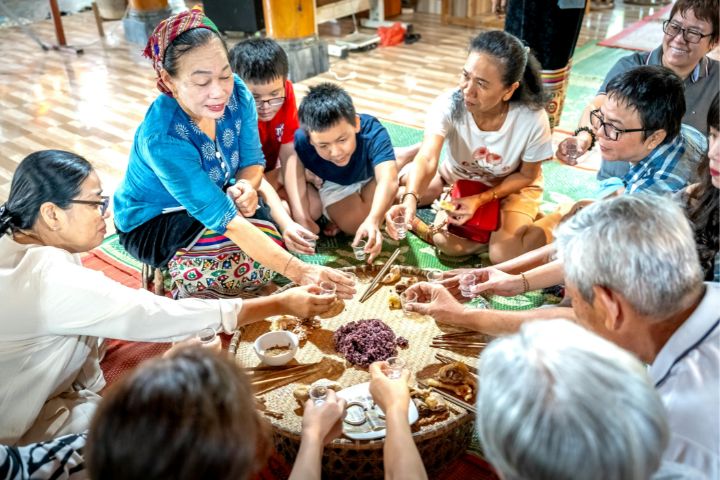

Why respecting local cultures should be every traveller’s priority
There's a special magic when stepping off a plane and into a new culture. The language, the food, and the way people interact - all of it can feel like entering another world. Australians are known for our love of travel and adventurous spirit, and exploring the globe is a rite of passage. But with that freedom comes responsibility. Respecting the local culture isn't just a nice gesture; it's essential.
Understanding cultural respect
Cultural respect involves recognising that other societies may hold values, traditions, and beliefs different from our own. It entails approaching these differences with humility, curiosity, and sensitivity. In practice, this can range from dressing appropriately at a religious site to learning a few key phrases in the local language, or simply being mindful of local customs around food, tipping, or photography.
Travelling without cultural awareness can lead to misunderstandings at best and offence or harm at worst. However, with some knowledge and a respectful attitude, travellers can build deeper connections and enjoy more meaningful experiences.
Why it matters
How to show respect while travelling
Here are some practical ways to ensure your travels are culturally respectful:
- Do your homework before you go
A little research goes a long way. Learn about your destination's cultural norms, religious beliefs, dress codes, and local laws to ensure a smooth and respectful experience. Resources such as travel forums, guidebooks, and tourism board websites are excellent starting points for gathering information. - Observe before acting
When in doubt, watch what locals do. How do they greet each other? Do they queue in a certain way? Are there local etiquette rules around eating, paying, or negotiating? Following their lead is usually your safest bet. - Learn a few local phrases
Even a simple "hello," "thank you," or "excuse me" in the local language can go a long way. It shows respect and appreciation, and locals will often respond warmly to the effort. - Dress modestly and appropriately
Clothing expectations vary widely around the world. In conservative regions, particularly around religious or sacred sites, modest attire is highly valued. Carrying a lightweight scarf or long pants in your daypack can help you adapt on the go. - Ask before you snap
It's tempting to photograph everything, but in many cultures, snapping a picture—especially of people, religious sites, or ceremonies—can be considered invasive or disrespectful. Always ask for permission before taking someone's photo. - Support local businesses respectfully
Choose local guides, eat at family-run restaurants, and buy souvenirs from artisans. But avoid haggling to the point of insult, and don't support businesses that exploit people, animals, or cultural traditions for the sake of tourism.
Cultural sensitivity is a two-way street
While it's true that travellers should be respectful, it's also okay to be curious and ask questions. Many locals appreciate genuine interest in their culture and are happy to explain traditions or offer insight. Just remember: the key is to ask, not assume. Travelling with respect doesn't mean you can't enjoy yourself or be spontaneous. It simply means being mindful, open, and aware that you're entering someone else's world.
Final thoughts
Respecting local cultures isn't a set of rules to follow - it's a mindset. It changes the way we see the world and helps us become better travellers, neighbours, and people. So, whether you're trekking through the jungles of Borneo, sipping tea in Morocco, or exploring the laneways of Tokyo, bring your sense of wonder—and a healthy dose of respect. At the heart of every culture is a story, and those stories deserve to be heard, not disrupted.
Feeling itchy feet at the thought of exploring new lands and cultures, but the finances are a bit tight? At Safe Financial, we can help you get started sooner than you might expect! Take a look at our personal loans up to $5,000 to see how quickly and easily you can borrow funds to kick off your next adventure. Once a loan is approved, the money is deposited into your bank account, typically within a few hours, allowing you to start planning your next trip immediately.